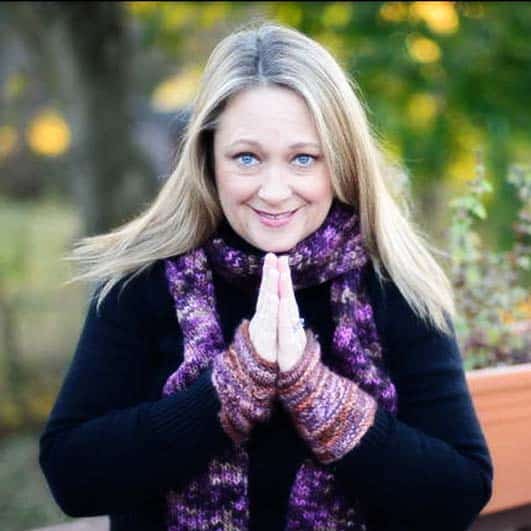Keynote Presentation for Professional Caregivers, Teachers, Healthcare & Public Service Professionals
“Transform Suffering to Hope: Coping With Grief In The Wake of Personal & Public Tragedy”
We don’t need to look at FBI statistics or the NOAA Storm Event Database to know that public tragedies are on the rise. Repetitive exposure to traumatic events via television, social media, and during personal interactions can trigger psychological distress, especially when we feel there is nothing we can do to help.
The difficult emotions that arise in the wake of public tragedy combined with our personal losses can negatively impact our health, our relationships, and our ability to serve and support our clients and colleagues. Left unexamined, a perfect storm begins to form for compassion fatigue, vicarious trauma, physical distress, and mental illness. This is the bad news.
The good news is that if we skillfully turn toward our suffering, rather than suppress it, we can transform any difficult emotion into compassion, and compassion into inspired action that motivates us. When we learn to relate to our suffering in a different way, we are better able to serve our clients, our community, and ourselves in a more whole-hearted and helpful way. We can even improve our health, and feel more connected to our loved ones, those we serve, and the world at large.
During this motivational keynote, author Heather Stang will illustrate how mindfulness-based compassion practices can transform empathic distress into hope, boost resilience and connectivity, and inspire action that is rooted in our shared human desire to be happy, safe and free from suffering. Through motivational stories, a look at evidence-based best practices, and a brief period of guided meditation, attendees will learn how to be the spark, and tend to local and global suffering with transformational loving-kindness and compassion.
SESSION OBJECTIVES
- Discuss the physical, emotional and spiritual impact of public tragedy on our clients, our community and ourselves.
- Explore how mindfulness-based compassion and self-compassion practices promote posttraumatic growth, resilience, immune functioning, and hope during difficult times.
- Outline organizational, professional and personal best practices for coping with public tragedy while offering support to a grieving community.
[ Learn More About Grief Speaker Heather Stang ]
Grief Speaker Heather Stang is a thanatologist and author of Mindfulness & Grief: With Guided Meditations To Calm Your Mind & Restore Your Spirit. Her focus on teaching others to use mindfulness-based techniques to reduce stress, cope with grief, and cultivate personal growth is inspired by her own journey of love, loss and posttraumatic growth.
A former crisis hotline call specialist for the Frederick County Mental Health Association, Heather provided information, referrals and supportive listening for callers of Maryland 211, the Frederick County Hotline and more. She relied on her mindfulness training to maintain a calm and compassionate attitude both on the job and at home after difficult shifts. Additionally, Heather volunteered as a trainer and call specialist on the New Orleans hotline just weeks after Hurricane Katrina devastated the region, and was a research assistant for a NIMH funded National Suicide Prevention Lifeline Research Project.
Heather earned a Masters in Thanatology (Death, Dying & Bereavement) from Hood College in 2010, and founded the Frederick Meditation Center, where she is a yoga therapist and mindfulness meditation instructor. In addition to Mindfulness & Grief (2014), she is a contributor to the volume Techniques of Grief Therapy: Assessment & Intervention (Neimeyer, 2015).

